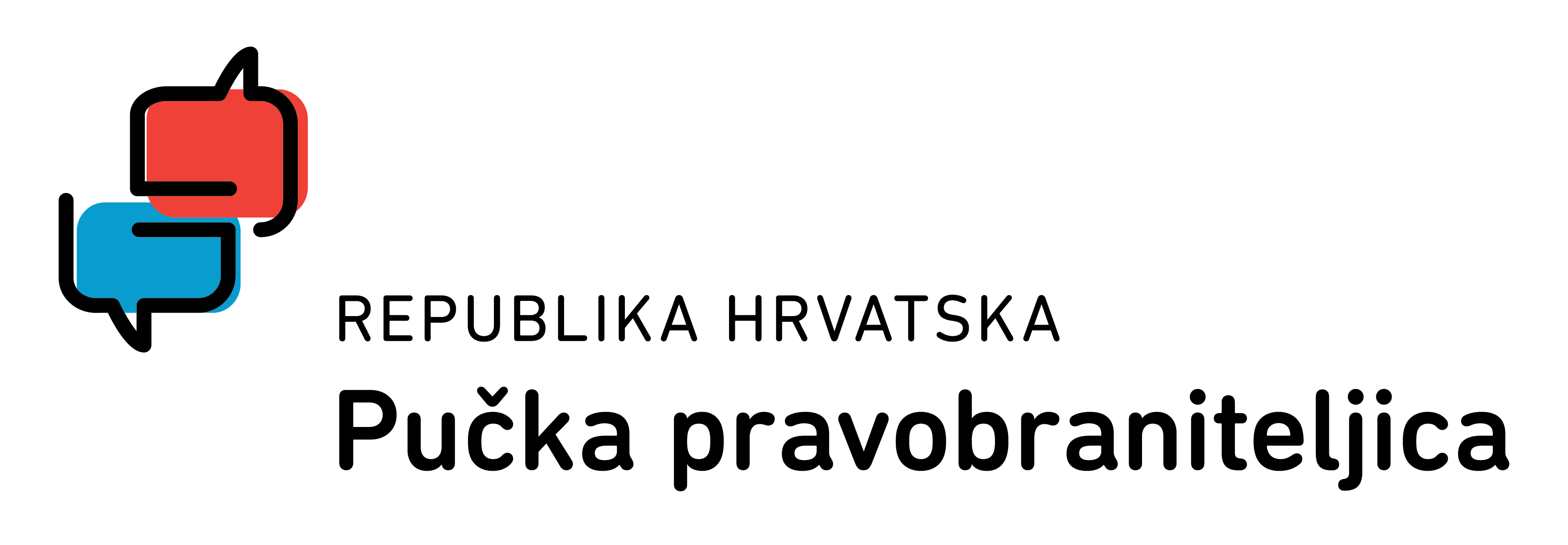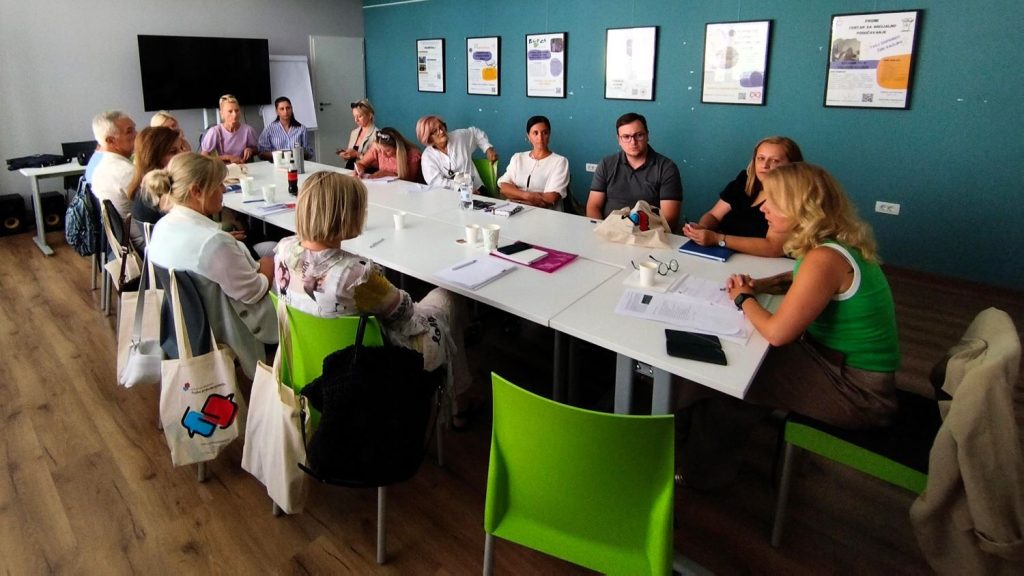Each fifth person in Croatia has been discriminated against at least once in the last five years, most frequently in labour, employment and health care. However, even 68% of them did not seek for help, considering that such situation would not change or that it would worsen. These are some of the results of the „Survey on Attitudes and Level of Awareness on Forms of Discrimination“, which the Office of the Ombudswoman has presented on 11 September 2017 in the European House.
„The data will be an extremely useful source of information for our future work, both for advocacy and promotion of equality. I hope they will be used with the same purpose by all branches of the government – state and public services, as well as business and NGO sector, trade unions and individuals. Only in that way we can struggle against the underreporting of discrimination on a long run for which, it is necessary to strengthen the citizens’ trust in institutions, above all in the police and judiciary“, stated the Ombudswoman Lora Vidović at the presentation of the results.
Almost 40% of respondents consider discrimination as the biggest or one of the biggest problems in the society, while only 4% consider it as completely irrelevant. Although large number of citizens does not support attitudes which reflect prejudice, they continue to exist towards Roma, members of trade unions, youth, elderly, asylum seekers and persons with mental disorder. Least prejudice was shown towards persons with lower education and with disabilities. In addition, in comparison to previous surveys, there is smaller number of those to whom it is unacceptable that his/her child marry a person of different nationality, skin colour or religion.
„It is necessary to inform and educate the public about discrimination and measures for protection but also to act accordingly. In the Ombudswoman’s 2016 Annual Report our Office has made a range of recommendations for combating discrimination, together with the preventive measures to be taken in the future in Croatia. Of course, the Government should adopt and start implementing a long awaited National Anti-Discrimination Plan as soon as possible”, said Tena Šimonović Einwalter, Deputy Ombudswoman and the Croatian representative in the European Commission against Racism and Intolerance (ECRI) of the Council of Europe.
This is a third survey which the Office has conducted since 2009, when the Anti-Discrimination Act entered into force; it was organised within the European Commission’s Programme on Rights, Equality and Citizenship, executed by the General Directorate for Judiciary and Consumers as a part of the project Equality Assessment in Croatia.
You can find the presentation of results attached at the end of this article.






